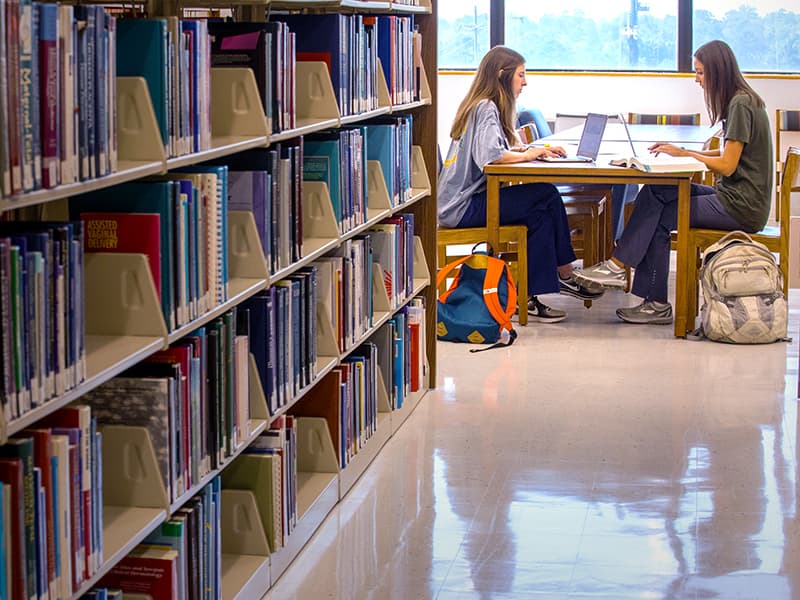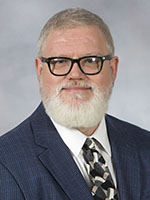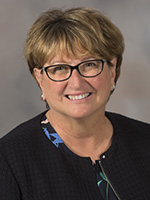New system helps lead Rowland users on electronic path to 'Discovery'

A new shared technology service being deployed at the University of Mississippi Medical Center promises to revolutionize the way faculty, staff and students obtain the resources available to them through the Rowland Medical Library.
Worldcat Discovery, the largest online public access catalog in the world, is scheduled to “go live” on Monday, Sept. 10. According to Dean James, associate professor of academic information services, Discovery represents the most comprehensive data search and retrieval engine ever offered by the library.

“We have an amazing collection of resources at Rowland,” James said. “We think this new system will allow people to really dig in and discover the wealth of resources the library has available.”
Discovery integrates most of the electronic databases the library subscribes to: more than 20,000 ejournals, 12,500 ebooks and countless print volumes, some of which stretch back to the 19th century. It replaces Horizon, a legacy information retrieval system in use at Rowland since 1994.

Susan Clark, Rowland Medical Library director and professor of academic information services, said the library has “taken a giant step forward into the latest library research technology.”
“We want to make sure our medical library remains up to par with other medical libraries across the country,” Clark said. “Discovery represents one of the ways we are being responsive to the needs of our users.”
Rather than methodically searching each of the library’s available databases and ejournals individually, Discovery provides federated searches – or simultaneous searches of multiple searchable resources – to retrieve all information available through Rowland on any given topic. Discovery indexes the data, and users can refine the parameters of their searches based on facets such as date published, author, format or any number of other criteria.
James said Discovery is the perfect resource in today’s Google and Amazon search culture.
“We have new classes of students and new faculty members each year who are used to different ways of doing searches,” he said. “They want an interface that gives them more options.”
He said one of the more valuable enhancements of conducting a resource search using Discovery is the ability to differentiate peer-reviewed articles. The same document also may be made available to multiple users simultaneously – an incredible asset for class projects.
“Some of the research projects students do require them to find peer-reviewed articles,” James said. “This is the first time we can offer them a tool that will do just that.”
The Discovery databases are updated more than once a week, so the information obtained in a search remains current. The system offers users the ability to create their own accounts within Discovery. They can create their own bibliographies or save their searches and run them again later to see if new information has been made available.
To fully unleash the power of Discovery, James said users should visit the Rowland Medical Library’s website and locate the search box. The page includes a brief explanation about Discovery and a drop-down menu of different search categories.
Authorized users with Common Operating Environment-deployed computers can automatically run a Discovery search; those accessing the library’s website from their home computers, tablets, phones or other mobile devices will need to enter their valid UMMC credentials to access full text when using Discovery.
James said Discovery is simply “a much more sophisticated approach” to tapping into the library’s vast resources.
“The old system allowed you to locate things you thought the library had,” James said. “Discovery allows you to find the things you didn’t know the library has.”
For more information about Discovery, visit https://ummc.on.worldcat.org/discovery.


